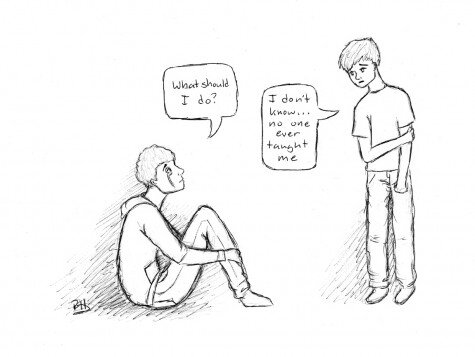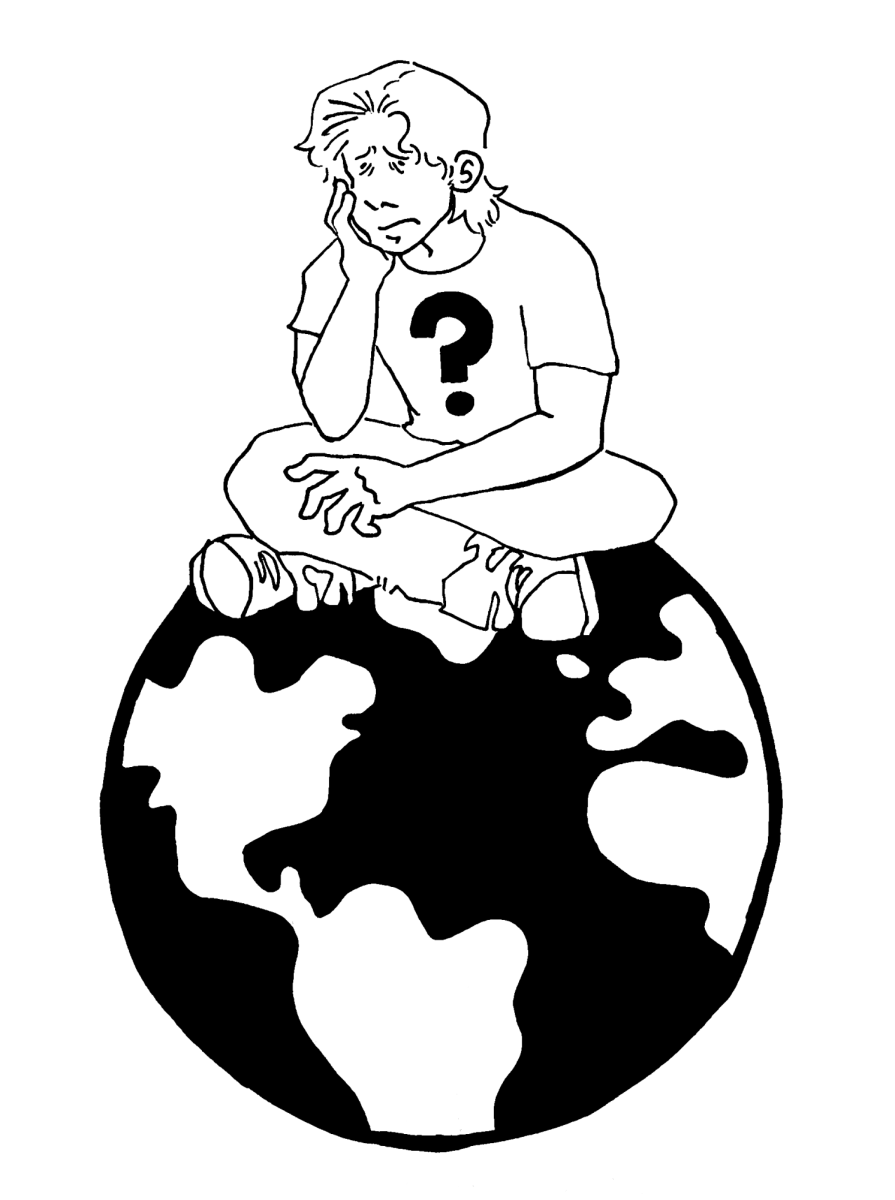Staff Editorial
Originally published March 29, 2016
Rachel Halmrast
In a society where one in five teenagers have or will have a mental illness, it seems strange that our schools wouldn’t focus more on teaching students ways to both handle and cope with mental health.
While health classes offer the standard answers we’ve all heard before, such as eating well and exercise, and despite the fact that the Teen Health Center is always open to hearing students concerns, a class dedicated to teaching strategies to maintaining good mental health has become a must.
Teenagers all over the world deal with a variety of pressures. The ever present notion that this time is determining the rest of their lives and the widely unacknowledged fear of dealing with both romantic and platonic relationships are two main sources of stress. Becoming comfortable with who they are is a monumental discovery for every teen as well.
Self-discovery is key for teenagers, especially in the U.S., where the steps taken after high school can be indicative of the life a person will lead. But it can also be incredibly frightening and disappointing — and maintaining a positive idea of self-worth and positive outlook can become increasingly challenging.
So why do our schools not provide us with better tools to cultivate these positive outlooks?
Changing a public school’s curriculum is undeniably tricky, and getting teenagers to respect the materials is often even harder. The question should be raised as to whether or not teenagers would even prove susceptible to these kinds of classes. However, if presented with a serious, academic setting that attempts to answer the broad, identity-defining questions that many adults still struggle with today, we believe that those who could benefit, would.
This is not to say that high school teachers should be tasked with teaching students how to deal with severe mental illnesses. Those issues should only be addressed by doctors, psychologists and other professionals. But giving students some kind of opportunity, even one or two days a week, to learn about how to handle stress, sadness and feelings of hopelessness and vulnerability, could give students life skills beyond science and history, and draw them closer to both their peers and their teachers.
We go to school with the hope that we’ll learn something. We have the opportunity in high school to provide students with a fair conversation about mental health, one that’s different from what they get in society.
Teens deserve to know they’re not alone in feeling the way many feel, yet few voice. Teaching young adults about these issues early is invaluable. We need classes that address mental health and illness, that allow kids to speak openly and fairly about these issues.

























